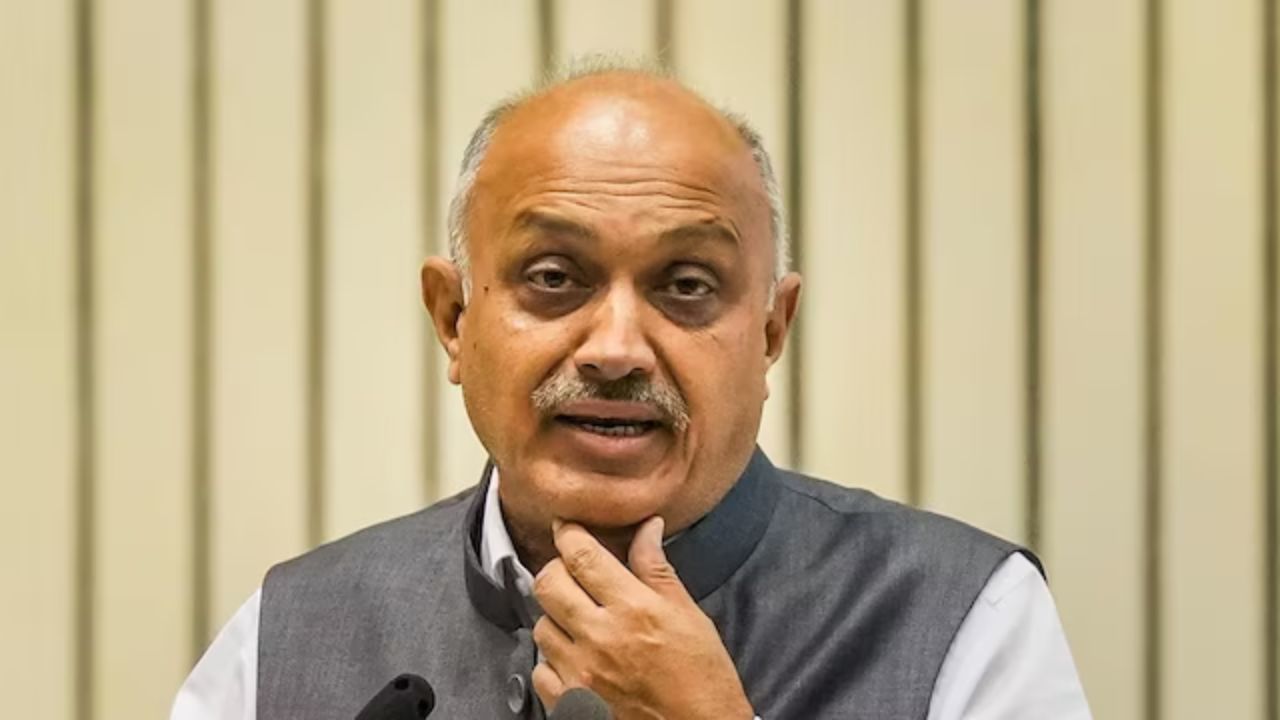 English
English

When a former Chief Justice of India can be compelled to follow official rules, why is a retired bureaucrat allowed to live above the law? Read this exclusive investigation only on Dynamite News.

Retired Delhi Chief Secretary Naresh Kumar (Image Source: Internet)
New Delhi: A recent step taken by India’s top court has reignited the national conversation on ideals like "equality before law" and "equal accountability."
The Supreme Court of India has formally written to the Central Government, requesting that former Chief Justice Dr. D.Y. Chandrachud vacate the official CJI residence. This triggered a larger question: why is only Justice Chandrachud being singled out? Why didn't the Supreme Court act with the same urgency when former CJIs like U.U. Lalit and N.V. Ramana failed to vacate their government bungalows within the stipulated time?
Now, Dynamite News' investigation has uncovered a glaring case of systemic apathy: Former Chief Secretary of Delhi, Naresh Kumar, has been occupying a luxurious NDMC government bungalow since his retirement—without holding any official post or legal entitlement. Yet, no action has been taken by the authorities responsible for enforcing these rules.
Naresh Kumar currently holds no government position, nor does he possess any constitutional status that would justify eligibility for official housing. Despite this, he continues to reside in the bungalow without paying a single rupee in government rent. What makes this even more startling is that he already owns private properties in both Delhi and Gurugram.
This raises the obvious question: If a former Chief Justice can be forced to vacate a government residence, why is a retired bureaucrat allowed to ignore the same rules with impunity?
Such double standards strike at the very core of the democratic values on which our Republic stands. The Indian Constitution guarantees equality as a fundamental right. Why then is a private citizen—who is now simply a “former” officer—blatantly defying norms and benefitting from government silence?
This is not merely a question of morality; it is a serious case of misuse of public resources and administrative inaction. The silence of the NDMC and the Delhi Government confirms the suspicion that proximity to power grants certain individuals "special privileges" that place them beyond the reach of rules and regulations.
Naresh Kumar is not the only example. Consider the case of former Jammu and Kashmir Chief Minister Ghulam Nabi Azad. Despite holding no government office and being a resident of Kashmir, Azad continues to occupy 5, South Avenue Lane—a Lutyens’ Delhi bungalow—since long. When the Dynamite News team visited the residence today, his nameplate still gleamed with pride on the gate of the official property.
In light of such examples, a powerful question now echoes through the corridors of power: Was globally known Justice D.Y. Chandrachud deliberately pointed out? Why was he made the face of accountability, while others continue to benefit from silence and privilege?